
Join 10k+ people to get notified about new posts, news and tips.
Do not worry we don't spam!
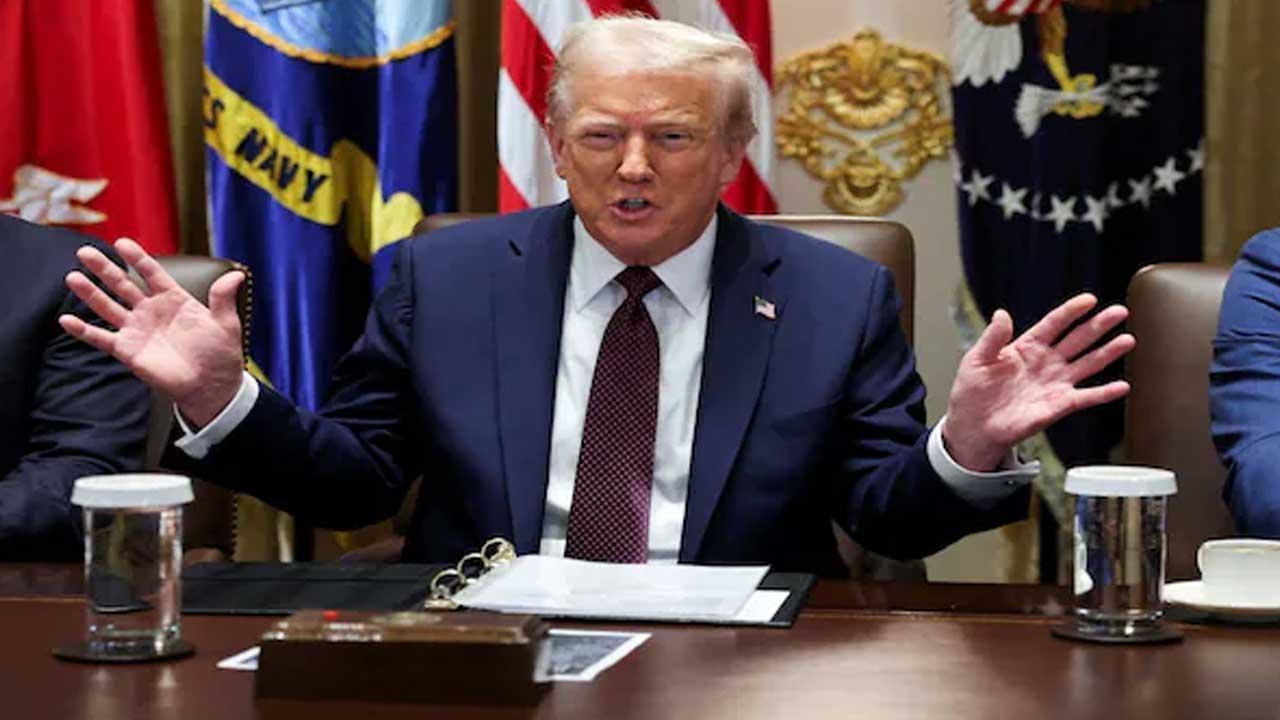
Post by : Raman
Photo : Reuters
U.S. President Donald Trump has strongly criticized India, saying trade relations with the country have been “a totally one sided disaster.” His comments came shortly after Indian Prime Minister Narendra Modi visited China to attend the Shanghai Cooperation Organization (SCO) summit.
Trump wrote on his social media platform Truth Social that India had supposedly offered to reduce its tariffs to zero, but he claimed it was “getting late” and that such an offer should have been made “years ago.” He did not provide details on when this offer was made or the exact terms.
This criticism comes amid growing tension between the United States and India over trade and energy. Last month, the U.S. imposed high tariffs on India, including 50% overall duties and an additional 25% tariff on Indian imports linked to the country’s purchase of Russian oil. India has strongly criticized these tariffs, calling them “unfair, unjustified and unreasonable.”
Also Read:- Amanda Anisimova Shines at US Open Crushes Haddad Maia to Reach Quarters
Trump highlighted that India continues to buy oil and military equipment from Russia. He also accused India of selling large amounts of goods to the United States while keeping high tariffs on U.S. exports. “The reason is that India has charged us, until now, such high Tariffs, the most of any country, that our businesses are unable to sell into India. It has been a totally one sided disaster!” he wrote.
Data from the World Trade Organization shows that in 2024, India applied an average tariff of 6.2% on U.S. imports, while the United States imposed only 2.4% on Indian goods. The trade-weighted average measures the average duty based on the value of imports, showing that U.S. businesses face higher barriers to sell in India compared to Indian businesses in the U.S.
The recent tensions have disrupted decades of improving U.S.-India relations. U.S. officials have repeatedly criticized India for continuing to buy Russian oil, while India has pointed out that other countries, including the U.S. and the European Union, also trade with Russia. India’s foreign ministry noted last month that these countries’ trade with Russia is not a “vital national necessity,” unlike India’s situation.
Earlier in May, India reportedly proposed a “zero-for-zero” tariff deal with the U.S. This deal would have eliminated tariffs on certain products like steel, auto components, and pharmaceuticals, up to a specified quantity, on a reciprocal basis. However, both countries could not reach an agreement, which led to the U.S. imposing the high 50% tariffs on Indian exports.
Meanwhile, Prime Minister Modi met Chinese President Xi Jinping at the SCO summit held in Tianjin from August 31 to September 1. Both leaders emphasized the importance of being partners rather than rivals, signaling a willingness to strengthen ties despite historical and regional differences.
Some U.S. officials, however, downplayed the significance of India-China closeness. U.S. Treasury Secretary Scott Bessent described the SCO summit as “performative,” suggesting it was more for show than a concrete shift in international relations.
Experts say India’s improving ties with China could bring benefits, especially in technology and industrial development. “The improvement of relations with India is a big deal. It allows India to access highly critical intellectual property that it needs if it is to industrialize and boost manufacturing,” said Marko Papic, chief strategist at GeoMacro Strategy BCA Access.
However, Papic also warned that closer India-China interactions could challenge the U.S. position in global geopolitics. “Over the long term, the U.S. is losing the propaganda battle to paint China as the trouble-maker-in-chief. And that only further strengthens multipolarity,” he added, highlighting a shift toward a more complex world order with multiple centers of power.
As tensions continue to rise over trade, energy, and international partnerships, the situation reflects a growing struggle for influence between the U.S., India, and China. While trade tariffs and disputes dominate the headlines, deeper issues of geopolitical alignment, energy security, and regional influence remain at play, making these relations increasingly complicated and critical for the coming years.
Trump, India trade, Modi Xi SCO, U.S.-India relations, tariffs, China, SCO summit, international trade

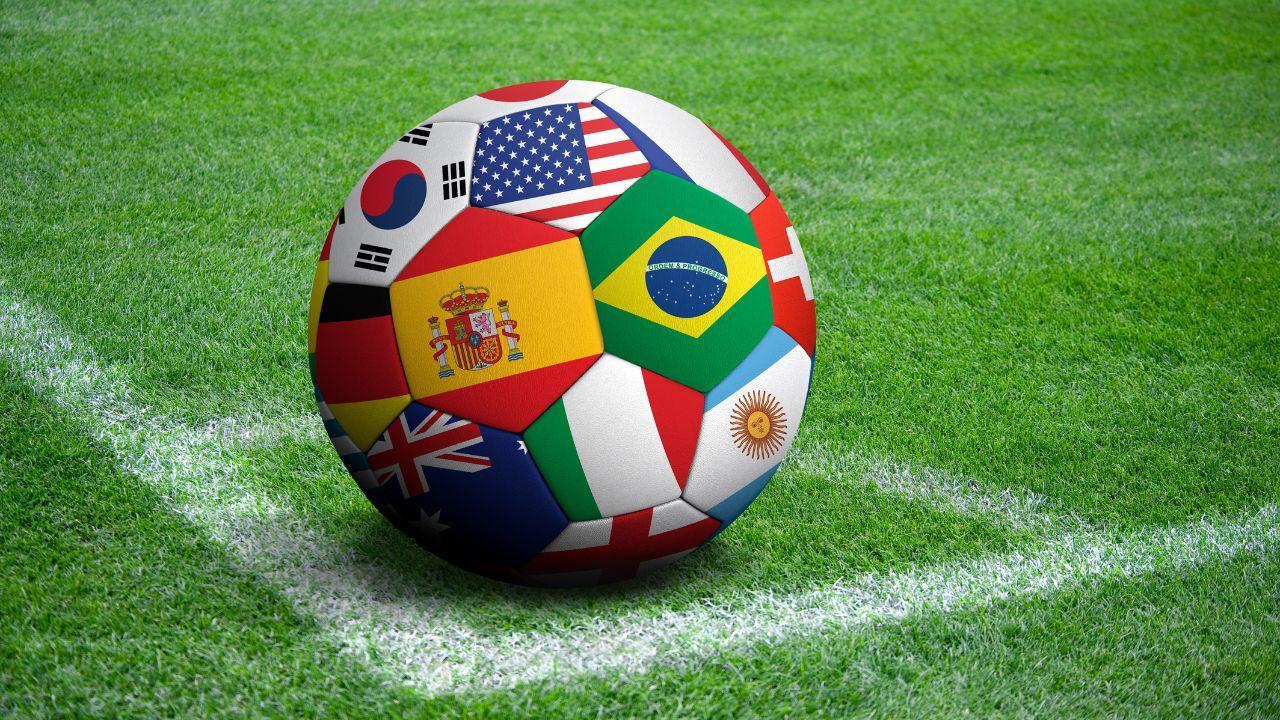
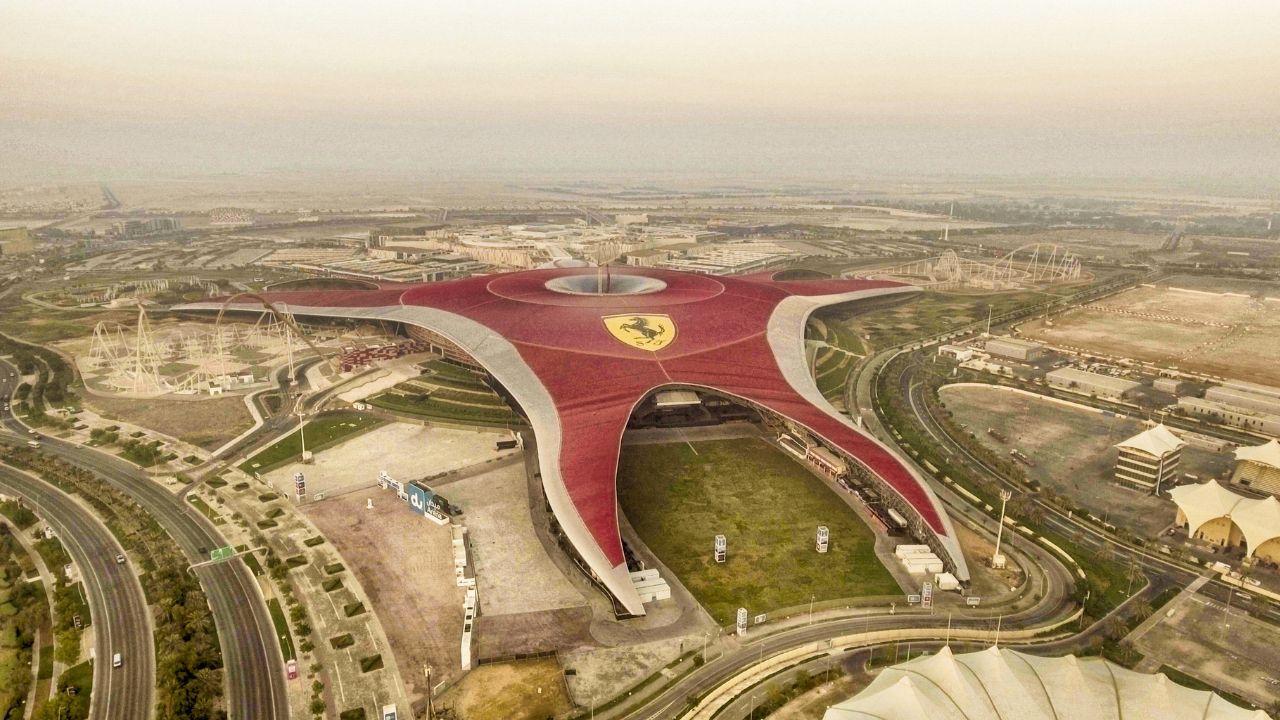



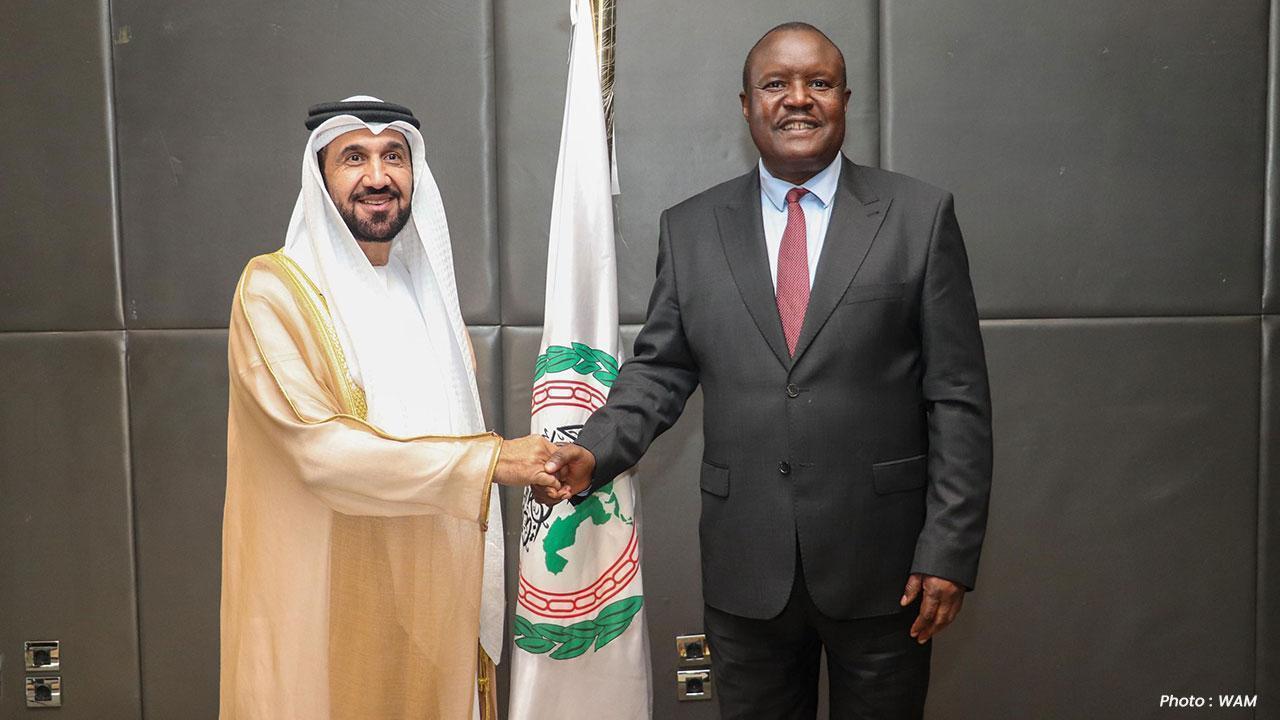
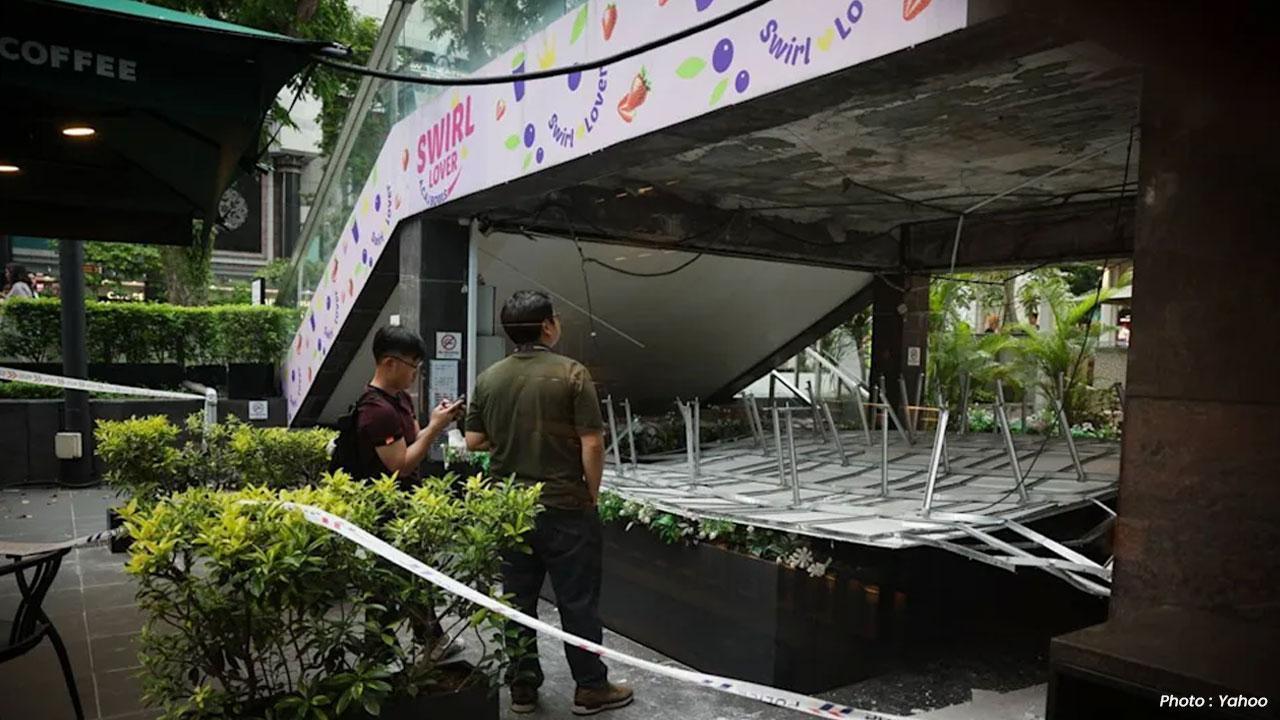

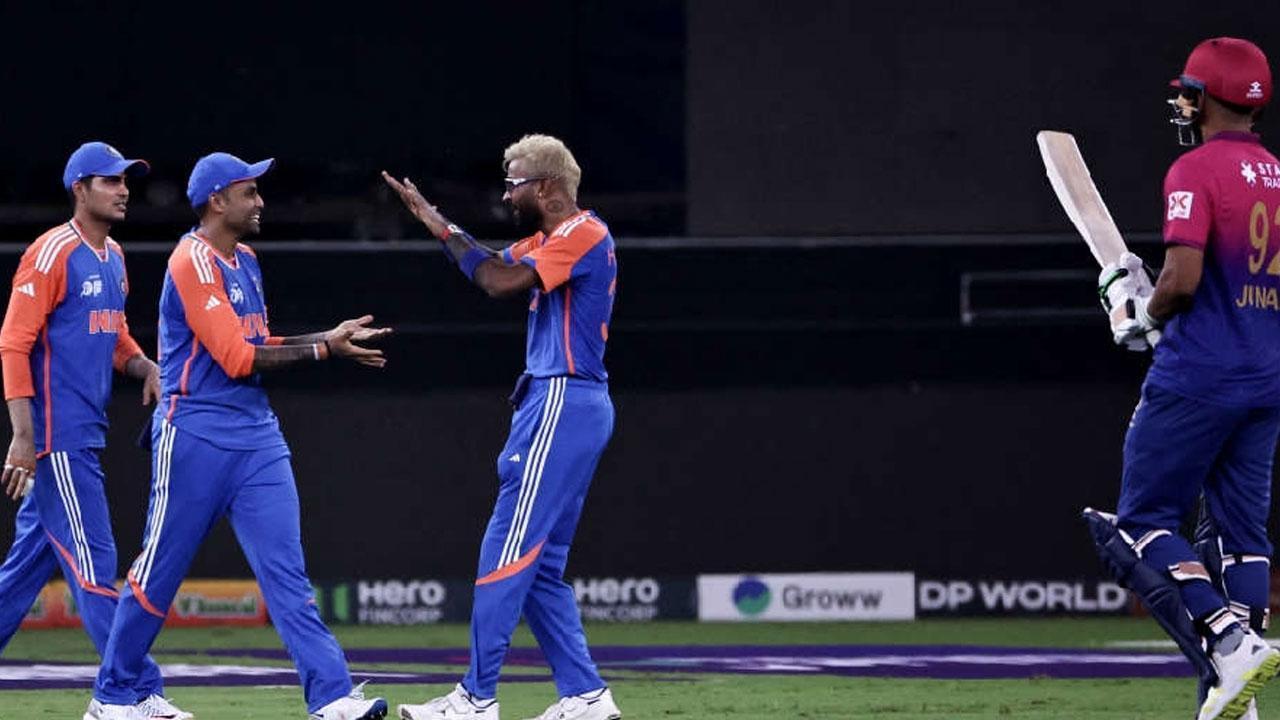
India Dominates UAE by 9 Wickets in Asia Cup 2025 Opener with Brilliant Bowling
India dominates UAE in Asia Cup 2025 opener, winning by 9 wickets with Kuldeep Yadav shining and a q
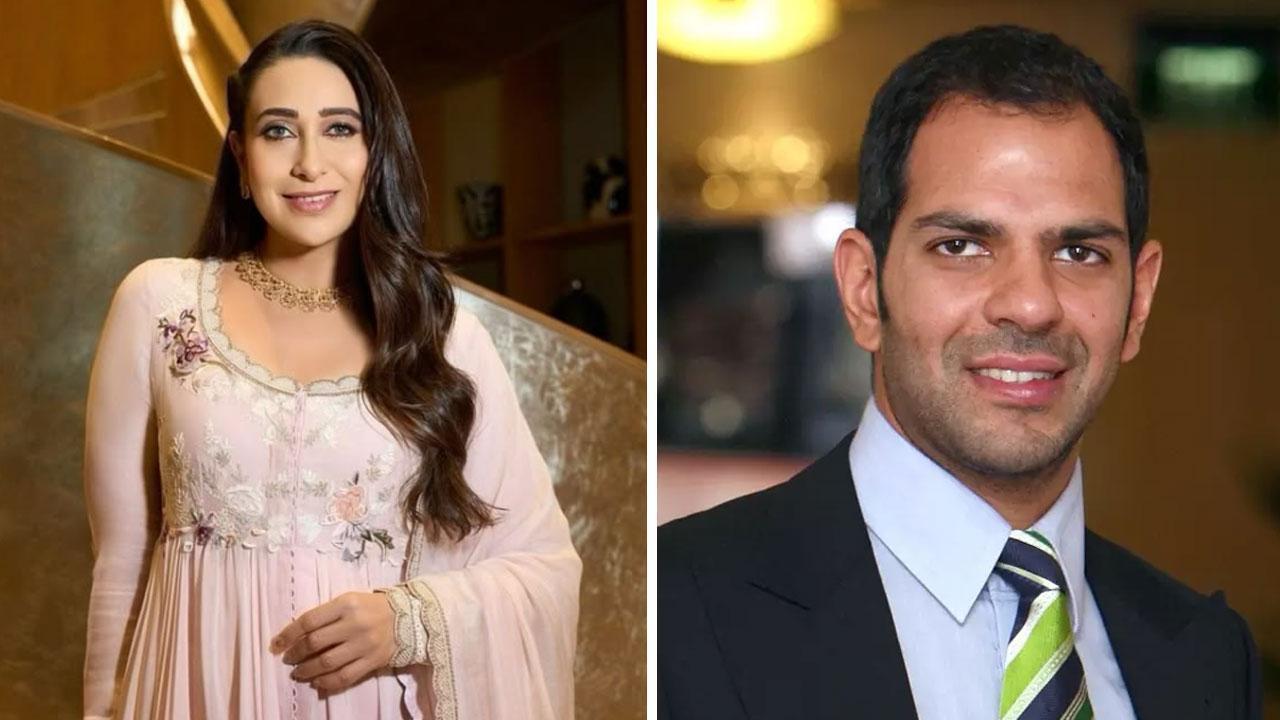
Karishma's Kids Get 1,900 Crore: Priya Kapoor Defends Sunjay Kapur Estate
Priya Kapur claims Karisma Kapoor’s children already received Rs 1,900 crore as court battle over Su
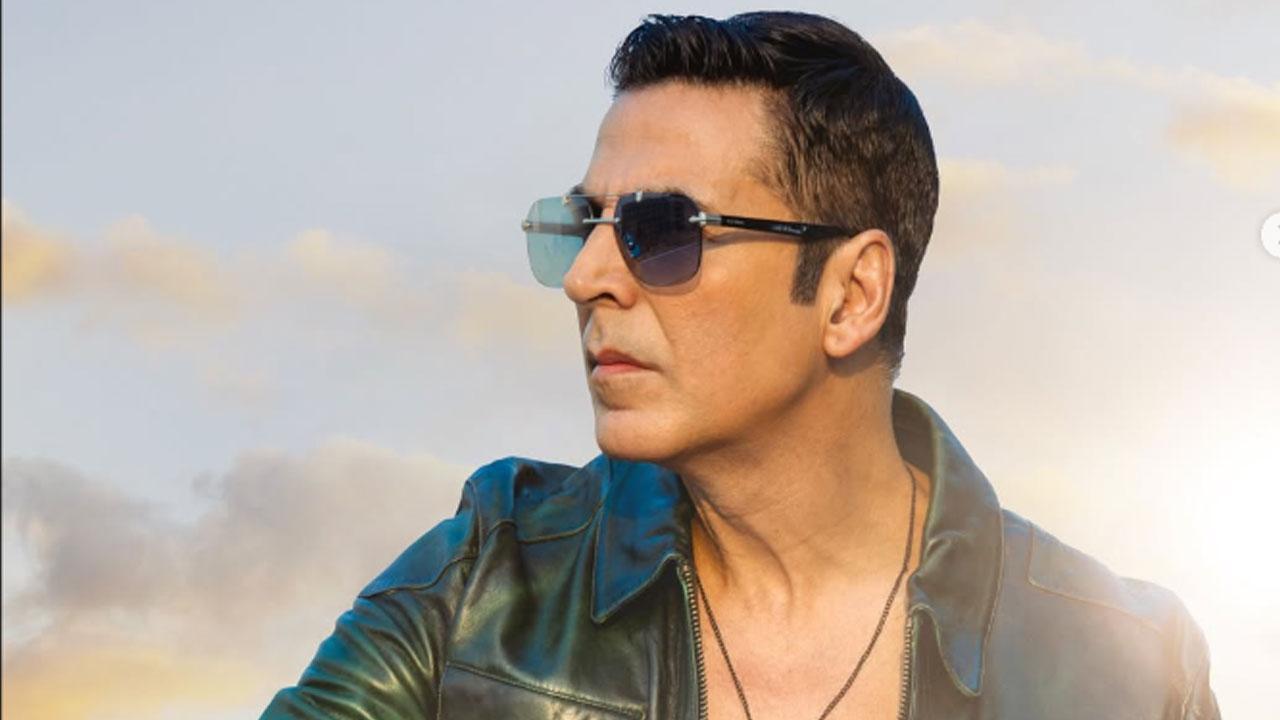
Akshay Kumar 58th Birthday Heartfelt Thanks to Fans and Colleagues
Bollywood star Akshay Kumar celebrates his 58th birthday with gratitude, thanking fans and colleague

Hina Khan Backs Ashnoor Kaur After Farhana Bhatt Bigg Boss 19 Remarks
Hina Khan supports Ashnoor Kaur after Farrhana Bhatt’s comment on Bigg Boss 19, sparking social medi

India Beats Korea 4-1 to Win Asia Cup 2025, Secures Spot in 2026 World Cup
India dominates Korea 4-1 in Asia Cup 2025 final, wins the title and qualifies for the 2026 Men’s Ho

Daniel Ricciardo Retires from Racing, Joins Ford as Global Motorsports Ambassador
Daniel Ricciardo ends his racing career and becomes Ford’s Global Racing Ambassador, staying connect